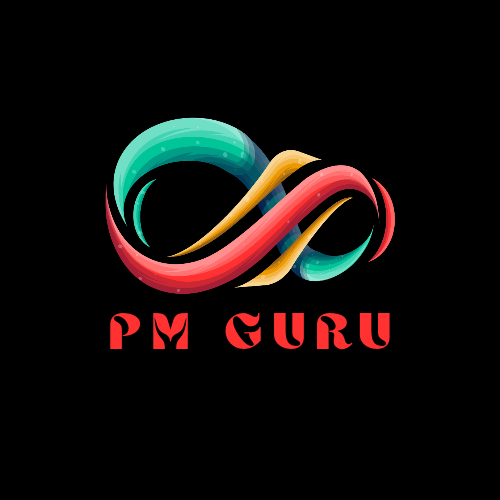Must-Have PMI Tools for Every Project Manager
Being a project manager can be a challenging role. You are responsible for ensuring that projects are completed on time, within budget, and meet the desired objectives. To help you effectively manage your projects, the Project Management Institute (PMI) has developed a set of tools that can be used by all project managers.
These PMI tools provide valuable resources and guidance throughout the project lifecycle, from initiation to closure. Whether you are a seasoned project manager or just starting out in your career, these tools can make a significant difference in your success.
1. Project Charter
A project charter is a document that formally authorizes the existence of a project, defines its objectives and scope, and provides a roadmap for the project team. It serves as a contract between the project manager and the stakeholders, ensuring that everyone is on the same page regarding project goals and expectations.
2. Work Breakdown Structure (WBS)
The WBS is a hierarchical decomposition of the project deliverables into smaller, more manageable components. It helps project managers organize and plan their work by breaking down the project into smaller, more manageable tasks. The WBS also provides a visual representation of the project’s scope and structure.
3. Gantt Chart
A Gantt chart is a bar chart that illustrates the project schedule. It shows the start and end dates of each task, as well as their dependencies. Gantt charts are useful for visualizing the project timeline, tracking progress, and identifying critical path tasks.
4. Risk Register
A risk register is a document that identifies, assesses, and tracks project risks. It helps project managers proactively manage risks by documenting potential risks, their impact, and the strategies for mitigating them. By regularly reviewing and updating the risk register, project managers can minimize the impact of risks on project outcomes.
5. Communication Plan
A communication plan outlines how project information will be distributed, stored, and updated. It identifies the stakeholders, their communication needs, and the methods and frequency of communication. A well-defined communication plan ensures that the right information reaches the right people at the right time, facilitating effective collaboration and decision-making.
These are just a few of the PMI tools that project managers can use to enhance their project management skills. By leveraging these tools, project managers can improve their ability to plan, execute, and control projects, leading to successful project outcomes.




